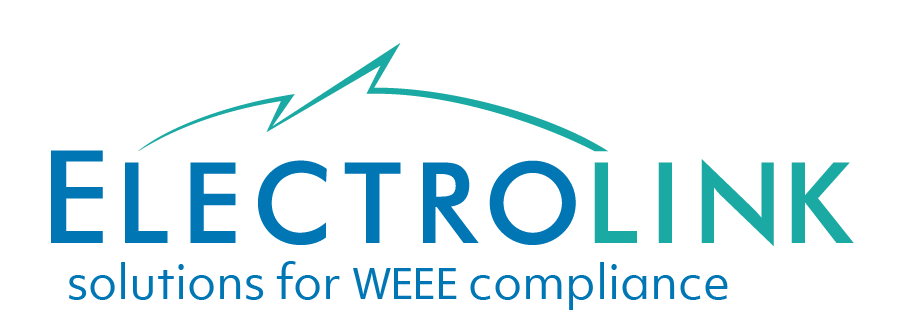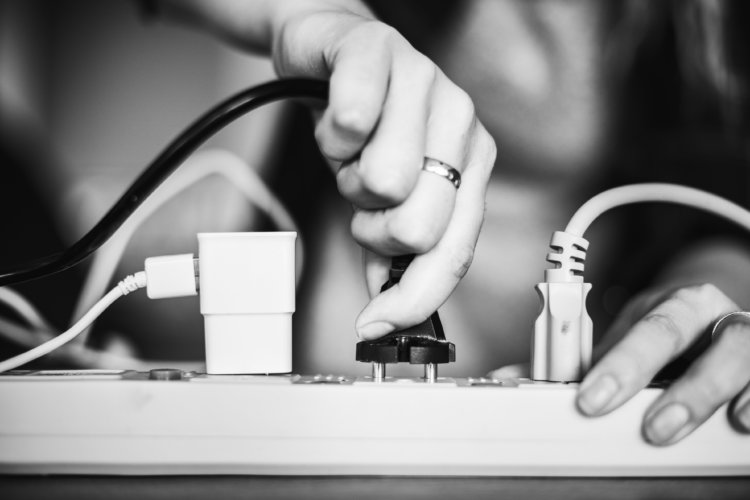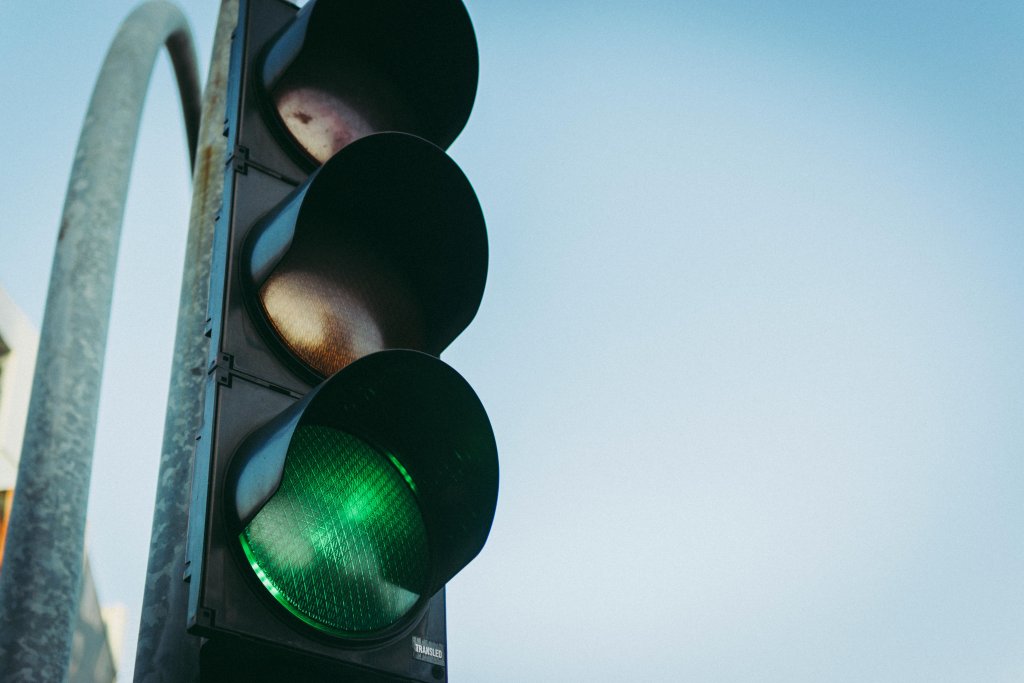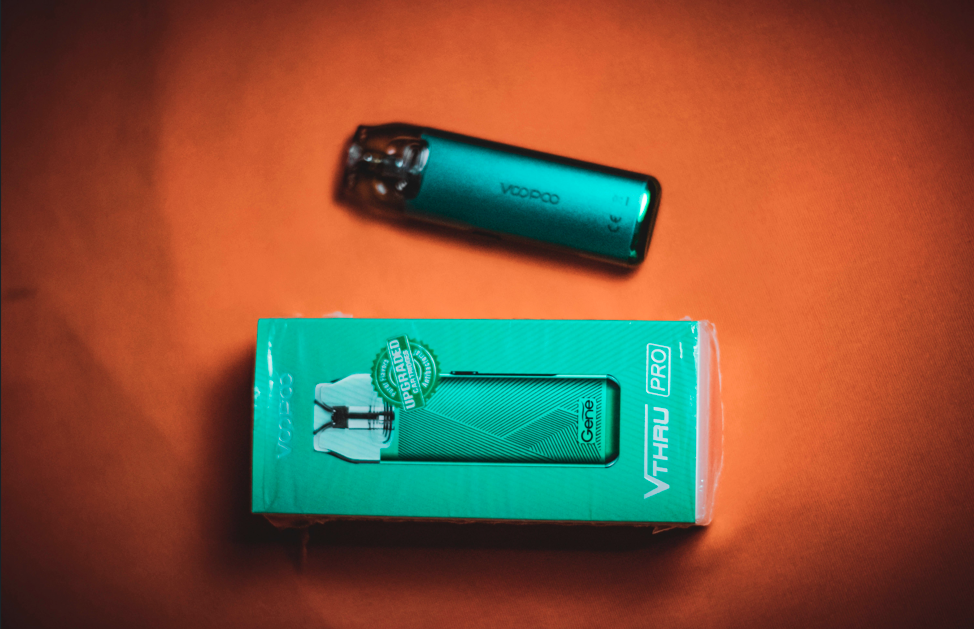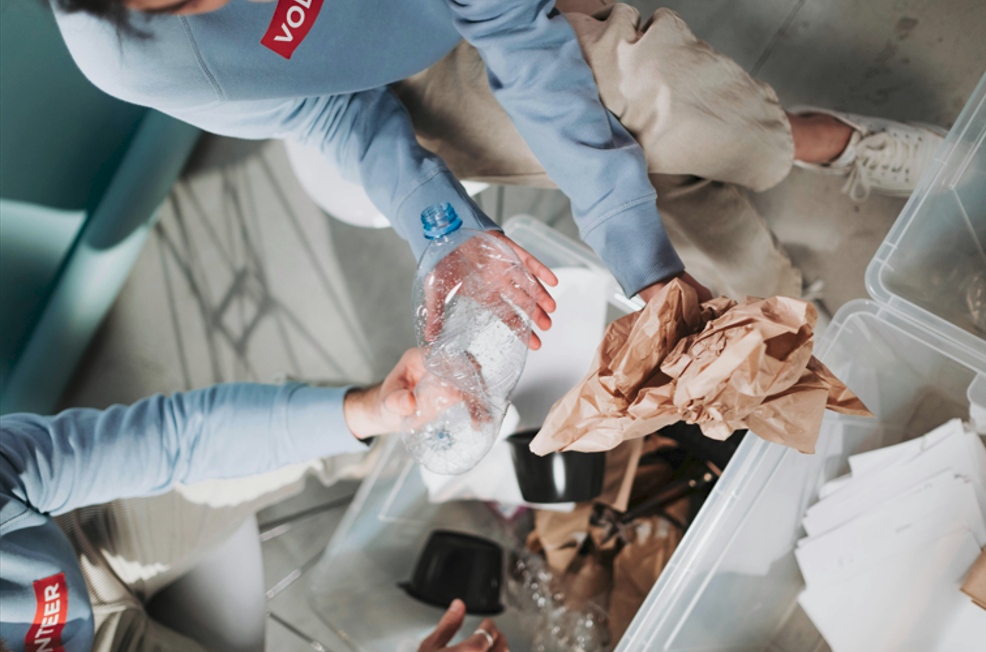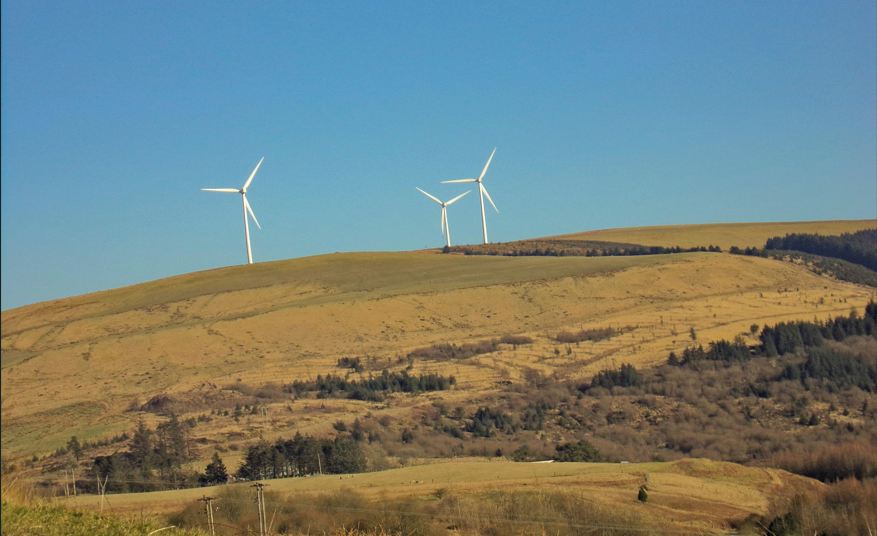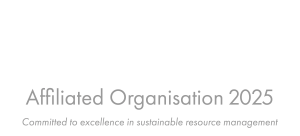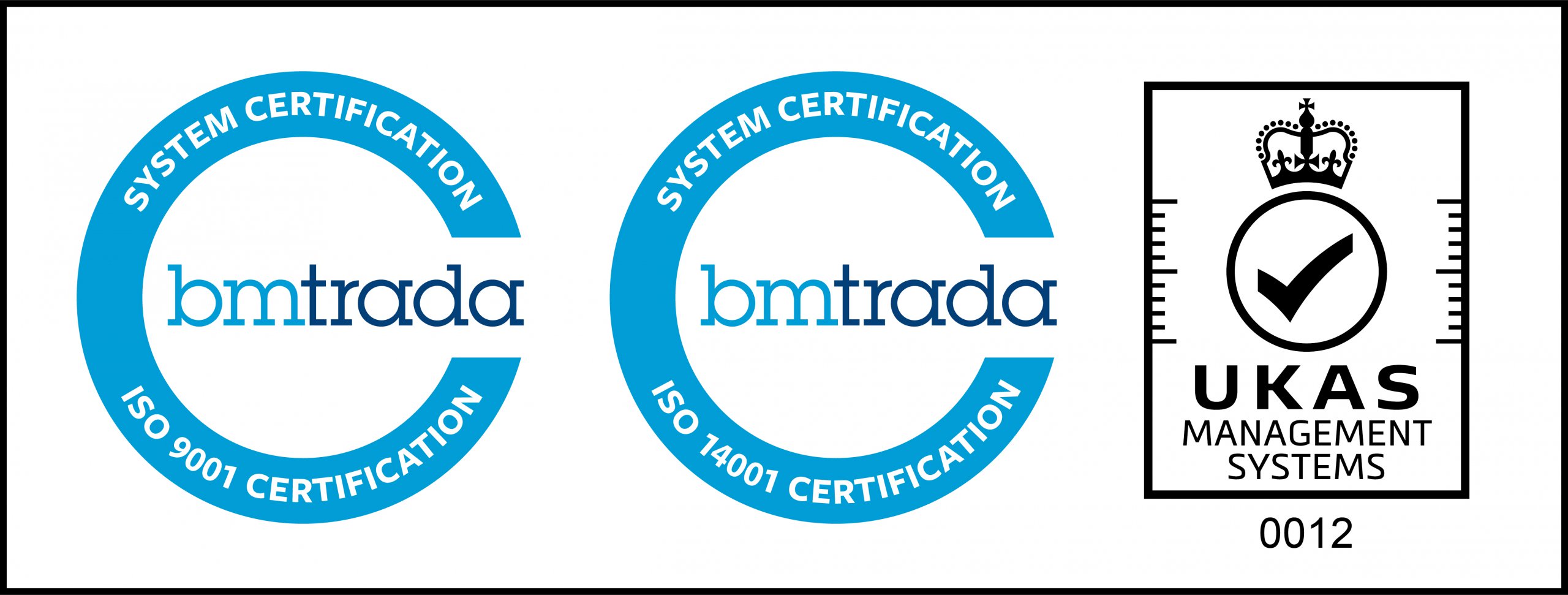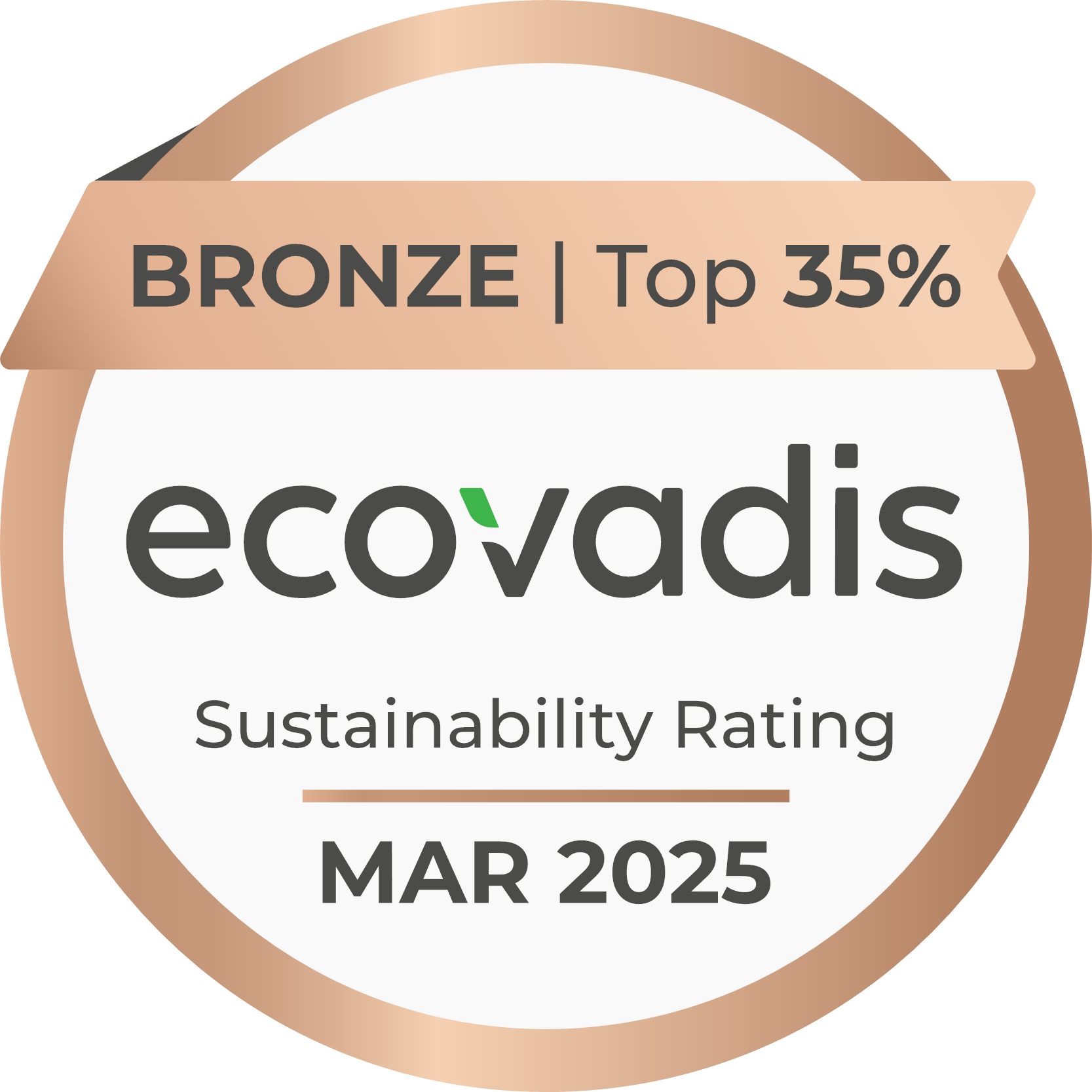FAQ's
What does EEE stand for?
EEE is an acronym, it stands for Electrical and Electronic Equipment
What does WEEE stand for?
WEEE is an acronym, it stands for Waste Electrical and Electronic Equipment
Am I an obligated producer of EEE?
An obligated producer is defined as any company that either manufactures, imports or re-brands electrical or electronic equipment. If you perform one or more of these activities you are likely to be obligated and will need to register. It is important to note the regulations are not quantity specific; it doesn't matter if you are responsible for one item or a million items, you will still need to register an obligation.
Why were the WEEE regulations introduced?
Each year in the UK we throw away over 60,000 tonnes of electrical and electronic waste. This is the equivalent to over 10 million washing machines!! Three quarters of waste electrical goods end up in landfill, where toxins and other pollutants can cause soil and water contamination. This can have a very harmful effect on natural habitat, wildlife and also human health. Many of the electrical items that are thrown away can be recycled or repaired. Recycling items helps to save natural resources and also helps reduce the environmental risks of sending items to landfill. To minimise our impact on this earth and to help protect the environment, the United Kingdom has introduced the Waste Electrical and Electronic Equipment regulations.
Do I have to join a compliance scheme?
All obligated producers that place more than 5 tonnes of EEE on the market must join an approved compliance scheme like Electrolink or Weee Link. If you place less than 5 tonnes on the market then you can either join a compliance scheme or register directly with the appropriate agency.
How much will it cost me to comply?
Obligated producers are required to finance the cost of collection, treatment and recycling of WEEE. There are a number of factors that determine the cost to a producer. Please contact Electrolink on 01279 620000 or help@electrolink.eu.com with details of the products that you are responsible for and we will be able to advise you of the approximate costs of complying.
What does the crossed out wheelie bin symbol mean?
Electrical and Electronic equipment that was made after August 13th 2005 should display this symbol on the product. This symbol means that the product must either be sent to be repaired and reused or sent for treatment and recycling through an approved disposal system.
What happens if I don't comply with the regulations?
It is an offence to fail to comply with the regulations. Failure to comply may result in the regulatory agencies bringing proceedings against you, which can result in unlimited fines. Furthermore, failure to comply could mean that you would no longer be able to place your EEE products on the UK market.
What are B2C products? (household goods)
B2C products are products which are used by consumers.
What are B2B products? (non-household goods)
B2B products are products which are used by businesses.
Do I physically have to collect and recycle WEEE myself?
The regulations do not require obligated producers to physically collect and recycle themselves. These arrangements are usually organised on your behalf by your chosen compliance scheme.
Who are the regulators?
The WEEE regulations are regulated by the Environment Agency in England and Wales, The Scottish Environment Protection Agency in Scotland and the Northern Ireland Environment Agency in Northern Ireland.
Can I pass the obligation onto my customers?
A: Obligated producers cannot pass their obligations on to anyone. The regulations do allow certain producers the ability to pass the financing of their B2B obligations onto third parties. We can advise you how you may pass these costs on. For more information contact us by clicking here.
Do I need a WEEE registration number?
A: All obligated producers are legally required to have a WEEE registration number. The WEEE registration number is forwarded to a producer after they have registered with the appropriate regulatory agency.
Do I need to display my WEEE registration number?
The regulations require all producers to disclose their WEEE registration number to anyone who asks for it. You are not required to display your WEEE registration number directly on your products.
Do I need to register in other European Countries?
The UK WEEE regulations are of a direct result of an EU WEEE directive. The directive effects all member states and producers in each member state must comply with that member states version of the regulations. If you operate in other member states you may need to register with the relevant authority in that particular country.
